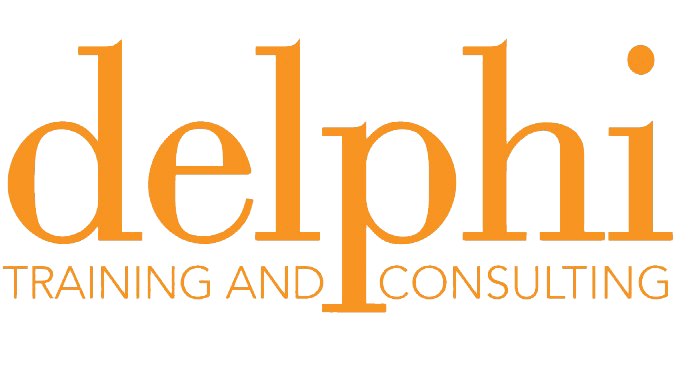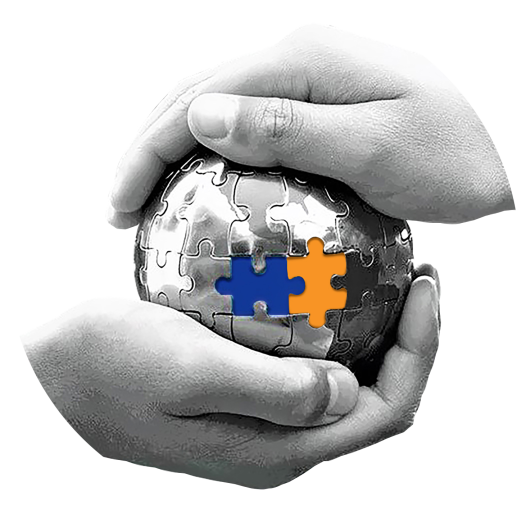
Join our NETWORK
Get all latest news, event updates and access to resources & information.
What is psychological safety and how does a leader create a psychologically safe team environment?
Managing a workforce is multifaceted. At times it may feel like a minefield, navigating the interests of the organisation, employees, between team members and at times, between you and a colleague you supervise.
Trauma informed organisations consider the rights and responsibilities of all parties. This does not guarantee all parties will agree with, or like all decisions. What it can ensure is all parties feel heard, respected and safe to express their views, encouraged in their career path and supported with negotiated reasonable accommodations where practical.
Leaders require skills to navigate challenging situations, implement change, manage conflict and respond with a trauma informed approach to the distress of colleagues, foster the accomplishments of individuals, encourage the team to flourish, while maintaining their own wellbeing.
Psychologically safe workplaces adopt trauma informed practice (TIP), with an awareness of the intersectionality of gender, age, sexual orientation and identity, disability, race, ethnicity, religion, socio-economic background, and the life experiences of employees. TIP is guided by six easily understood principles:
This is not a ‘one size fits all’ approach. It does not mean always getting it right but being opening to learning, exploring, negotiating and reflecting on what does work, doesn’t work and why.
You will learn:
This training is designed for roles and responsibility in:


Get all latest news, event updates and access to resources & information.